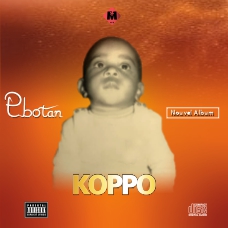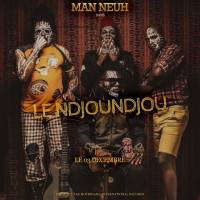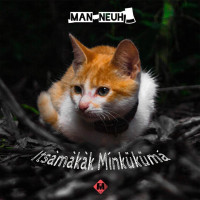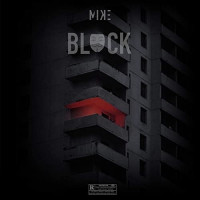(Re) Here is Koppo !
Seventeen years after “Si Tu Vois Ma Go” (2004), the volcano erupts again. Nourished by mature gas and crystals of genius, its burning lavas of inspiration rush down the sides of the national artistic scene. “Gromologie” (2017) was a prodrome, a sort of seismic alert of more intense volcanological activity.
With “Ebotan” (2021), the explosive eruption is underway. Koppo is back, then. And with him, the magic of words. The magic of “Camfranglais”. The energy of derision. He has kept his artistic identity, at the crossroads of depth and joy of living. His deference for icons (Marc Vivien Foé yesterday, Manu Dibango today) has not aged. .The story of his relationships with the fairer sex always exudes cunning. Between passions, hatreds and reconciliations.
With "Ebotan" however, Koppo goes further and expresses a rare maturity in the Cameroonian musical universe. Against the fashion of "singles" which pile up to culminate in an album, he offers directly a cake of 12 titles. Uncertain business choice? The future will tell. In the meantime, the artist reveals a mature and varied writing style, a refined vocal technique and a remarkable capacity for adaptation which make Ebotan a polyphonic musical production, both more fleshed out and contrasted. And then , there are the bridges. All these geographical, generational and rhythmic pods which embrace and interlock to heal the hideous wounds of our torn era. Geographic pods.
Like “Belle Beauté”, this musical liana which connects the fresh forest from Nkolenyeng, village of Koppo, to the sunny areas of Guider, at Isnebo. Generational pods. Like these references to tutelary figures, from Georges Brassens (Sainte Margot) to Manu Dibango (Evening in the village), completed by acoustically accomplished collaborations with Henri Dikongue (C'est la vie) and Donny Elwood (Le Ngata du Ndolo).
Rhythmic pods. Like "Sassaye", textual playfulness against a backdrop of Ambassi-Bey who, with the criminal taste of his musical irreverence, sets our ethnic barriers ablaze. Or “Miséricorde”, a grenade with a Reggae texture meticulously coordinated with the talented Mister Sto to explode our social carelessness. Above the thematic coherence, the artistic strength of Ebotan lies there. In this opening breath which makes it a kaleidoscope of elegant sounds, which bring together early purists and fans of frenetic rhythms.
Here, the guitar arpeggios by Guillaume “King” Ondoua echo the racy phrasing of Brice Essomba, sublimated by the always luminous flashes of Ruben Binam. There, the rifts of Jean-Paul Lietcheu compete with the solos of Christian Obam, under the arbitration of the brothers Dipita (already present on “Gromologie”) whose arrangements sound movingly accurate.
The sound journey opens with a blessing in Slam (unpublished) from the lively journalist Alain Belibi. It is spread over 50 minutes and twelve stopovers of 3 and a half minutes each. Without gimmicks. Without primary ribaldness.
And without uninterrupted "dedications", these obsessive and very detestable contemporary laziness. On arrival, an explosive work concordance between the textual work and the musical harmonies. A diversified construction based on great musicality. Designed to last. Like a blessing.
EBOTAN.
H. Bile
Related Products
Tags: Koppo, MIR, Music promotion CD, Urban music, Music album Ebotan
















